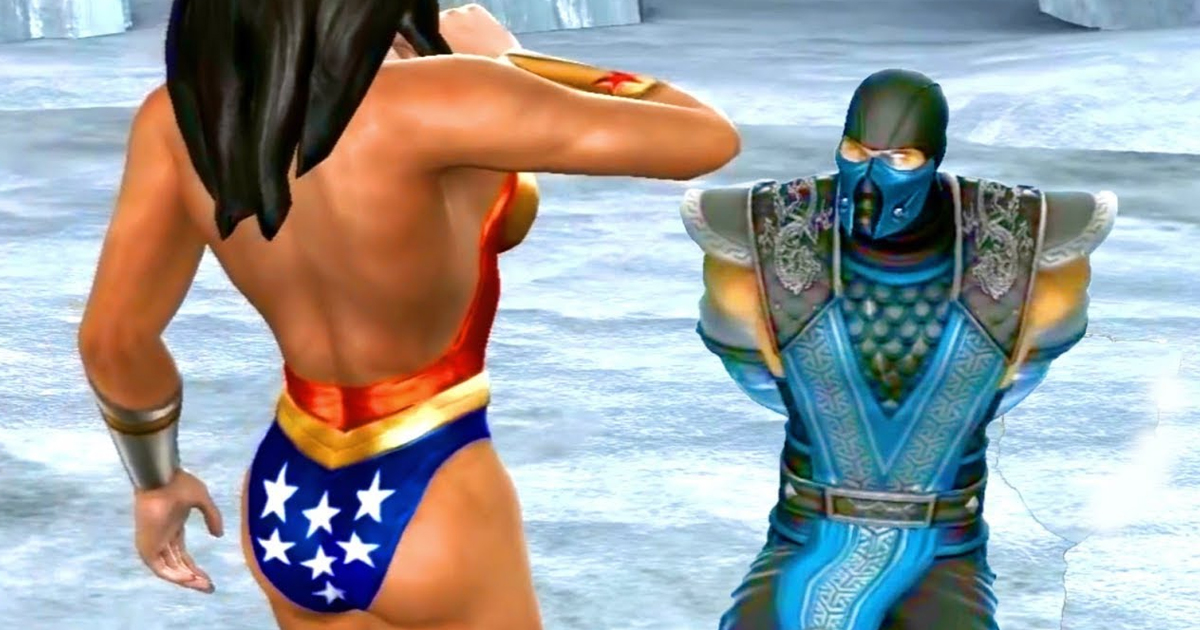Mortal Kombat vs. DC Universe is not only considered a disappointment by many fans, but also a game that nearly buried one of the most famous fighting series. However, this failure also helped NetherRealm Studios pursue the idea for a much more succesful reboot and return the MK franchise to its brutal roots.

Ed Boon and other NetherRealm developers opened up about Mortal Kombat’s darkest days and its revival in an interview with Game Informer.
Midway filed for bankruptcy in early 2009, three months after the release of MK vs DCU. This resulted in layoffs, indicating that the future of the franchise was sealed. Mortal Kombat could have been taken away from its creators, but, fortunately, this didn’t happen.
Part of the original team managed to keep their jobs, transforming into Midway Chicago and then being rebranded to WB Games Chicago. In 2010, Boon and others went on to start NetherRealm Studios, a reborn studio backed by WB that gave the team something they couldn’t get at Midway — time.
NetherRealm didn’t want to repeat the old mistakes and decided to fully reboot Mortal Kombat. Instead of trying to merge two completely different universes and hurting each brand as a result, the team pledged to return the series to its brutal, uncompromised roots.
The biggest lesson we learned with MKvDC was that there was an opportunity for two separate games that each could embrace their roots without compromising the other. This resulted in us deciding that the next Mortal Kombat game would be a full reboot and aggressively embrace everything signature about Mortal Kombat. This included going back to a 2D fighting plane, retelling the story of the original trilogy, and going back to our classic Fatalities without restrictions. Chief creator officer at NetherRealm Studios
Mortal Kombat (2011) became a huge commercial hit, selling nearly 4 million units globally by 2013. This helped NetherRealm develop another succesful fighting series, Injustice, and make two sequels. The latest installment in the franchise, Mortal Kombat 11, has sold 15 million copies since 2019, becoming one of the highest-selling fighting titles of all time.

